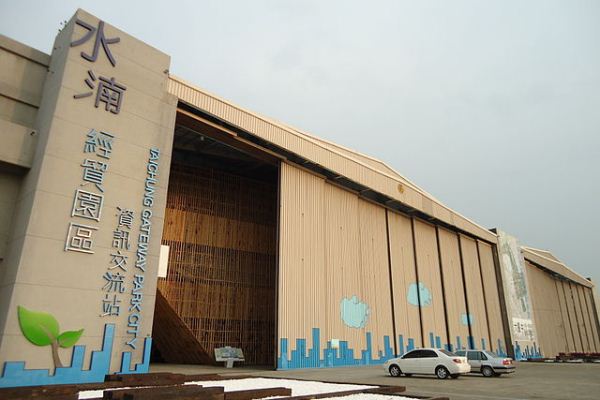Free Zones are not only utilized by legitimate actors for legal economic activities, but also occasionally misused for illicit activities, according to a new research paper from the World Customs Organization (WCO).
Released on September 30, the research paper entitled “Extraterritoriality of Free Zones: the Necessity for Customs Involvement” examines the current situation regarding Customs procedures and controls related to Free Zones.
The Chapter 2 (Free Zone) of Specific Annex D to the Revised Kyoto Convention (RKC) defines a free zone as “a part of the territory of a Contracting Party where any goods introduced are generally regarded, insofar as import duties and taxes are concerned, as being outside the Customs territory.”
Free Zones serve as “growth poles” for national and regional economies, in particular by offering less regulation and governmental “red tape.”
However, Free Zones are not only utilized by legitimate actors for legal economic activities, but also occasionally misused for illicit activities that include money laundering, tax evasion and trade in counterfeit goods or other illicit goods, said the paper.
The first section of this paper outlines, from a Customs perspective, the definitions and characteristics of Free Zones as well as the economic benefits offered by them. The second section addresses the risks posed by Free Zones, while the third section offers an analysis of the situation where Customs’ involvement and authority related to Free Zones tend to be at a low level, behind which prevails the perceived misconception of “extraterritoriality” of Free Zones.
The report noted that supervision over cargoes/companies in Free Zones is somewhat relaxed compared to other parts of the national territory, leading to higher risks of misuse. The risks arise due to the following:
- Relaxed controls inside Free Zones
- Insufficient Customs’ involvement in the operation of Free Zones
- Ease in setting up companies inside Free Zones
- Insufficient integration of IT systems by governmental agencies inside Free Zones
The concept of “extraterritoriality” concerning Free Zones, stemming from a misinterpretation of the definition of Free Zones contained in the WCO RKC, is seen to be behind the limited involvement by and limited authority of Customs.
WCO clarified: “The definition within Annex D, Chapter 2 of the RKC does not state that Free Zones are geographically outside the Customs territory. The definition means that the Free Zone itself falls within the Customs territory. ‘Goods’ located in Free Zones are considered as being outside the Customs territory for duty/tax purposes only.”
Photo By Jimmyarch81118









